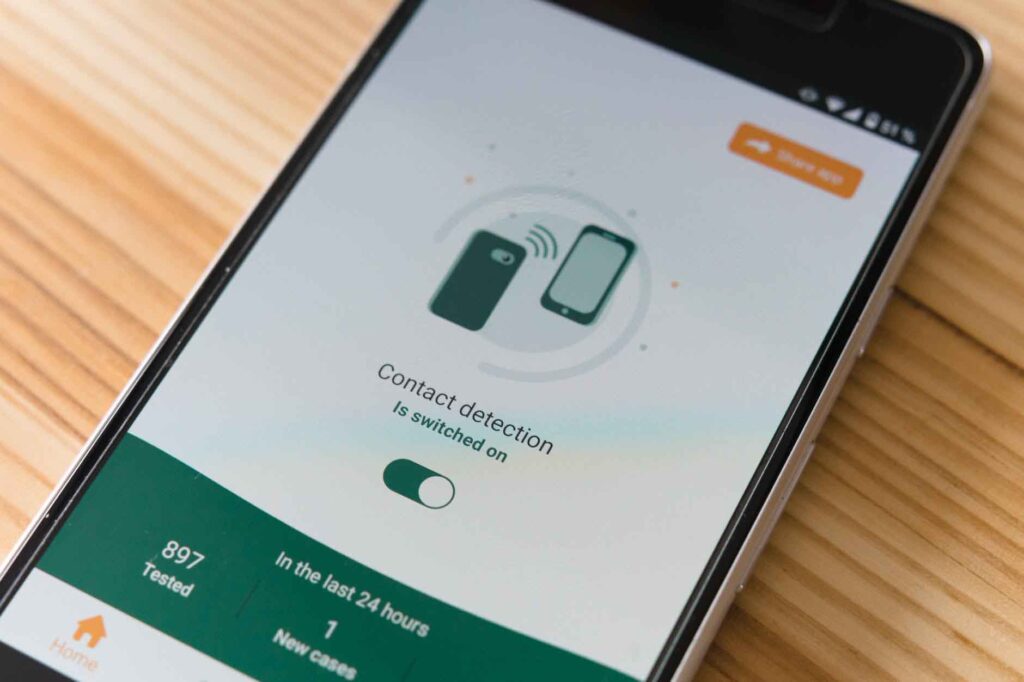Two focuses of my blog are Financial Literacy/Money and Business/Entrepreneurship. Some of the most successful business models are those that no one sees coming. When this happens, they take the world by storm and only a select few experience the explosive profits from them, while the rest of the society benefits from their use. The following contributed post is entitled, New Business Models Nobody Ever Expected Would Be So Successful.
* * *
Throughout history, we’ve seen a bunch of business models develop that have provided the average person with massive value – and made us all much wealthier. The nineteenth-century factory model, for instance, wasn’t pretty, but it was hugely effective, and it meant that the average person could begin living a semi-comfortable life.
In the 1920s, we saw the rise of the “bait and hook” model where manufacturers would lure customers with an initial low-cost product, and then upsell them. And in the 1950s, the franchise model was born, allowing businesses to grow very large while maintaining the incentive for excellence.
In the present decade, we’re likely to see the growth of some brand new and exciting business models, based on innovative technology.
There are already some seriously good examples of cutting-edge companies doing their best to change the way business works. Here’s what’s likely to emerge.
The Bluetooth Economy

Imagine being able to confirm your identity wherever you went and gain access to facilities, garages, or your place of work 24-hours a day.
At the moment, seamless technologies are few and far between. But Bluetooth could offer companies an entirely different model.
Take the concept of storage smart entry, for instance. The idea here is that people just use their mobile devices to gain access to their storage areas instead of having to rely on keys or on-site personnel. But the same principle could apply across the economy. Stores, for instance, could allow trusted customers to let themselves in whenever they like, pay for products as they shop, and leave, without having to interact with an actual cashier. It sounds crazy, but it could happen.
The Transformation Economy
The more philosophical you become, the more you realize that material wealth isn’t the be-all-and-end-all to personal satisfaction. But that’s creating a problem in the wider economy. Most people don’t know what to do other than chase money. And it’s leading to a kind of existential anxiety where individuals aren’t quite sure why they’re here or what they’re doing.
The so-called “transformation” economy is trying to change that. Here, gurus in various fields are offering their services to help people navigate the strangeness and infinite complexity of life. Now that most people are wealthy (at least by historical standards), the hope is that they can use their money to derive a little more meaning from life. Once you’ve got all the trappings of luxury, what else is there to spend your money on than improving your lived experiences?
The Decentralised Economy

Imagine a world in which each person sells their services to a range of companies but isn’t an employee of any.
It sounds a little dystopian, but the reality will be different. It’ll feel way more empowering than having to slog it out with a single employer, year after year. Instead, you’ll be able to dip into different kinds of work, face new challenges, and, hopefully, increase your pay at the same time.
The decentralized economy will hopefully allow anyone to earn money from anywhere, potentially solving the problem of unemployment.
